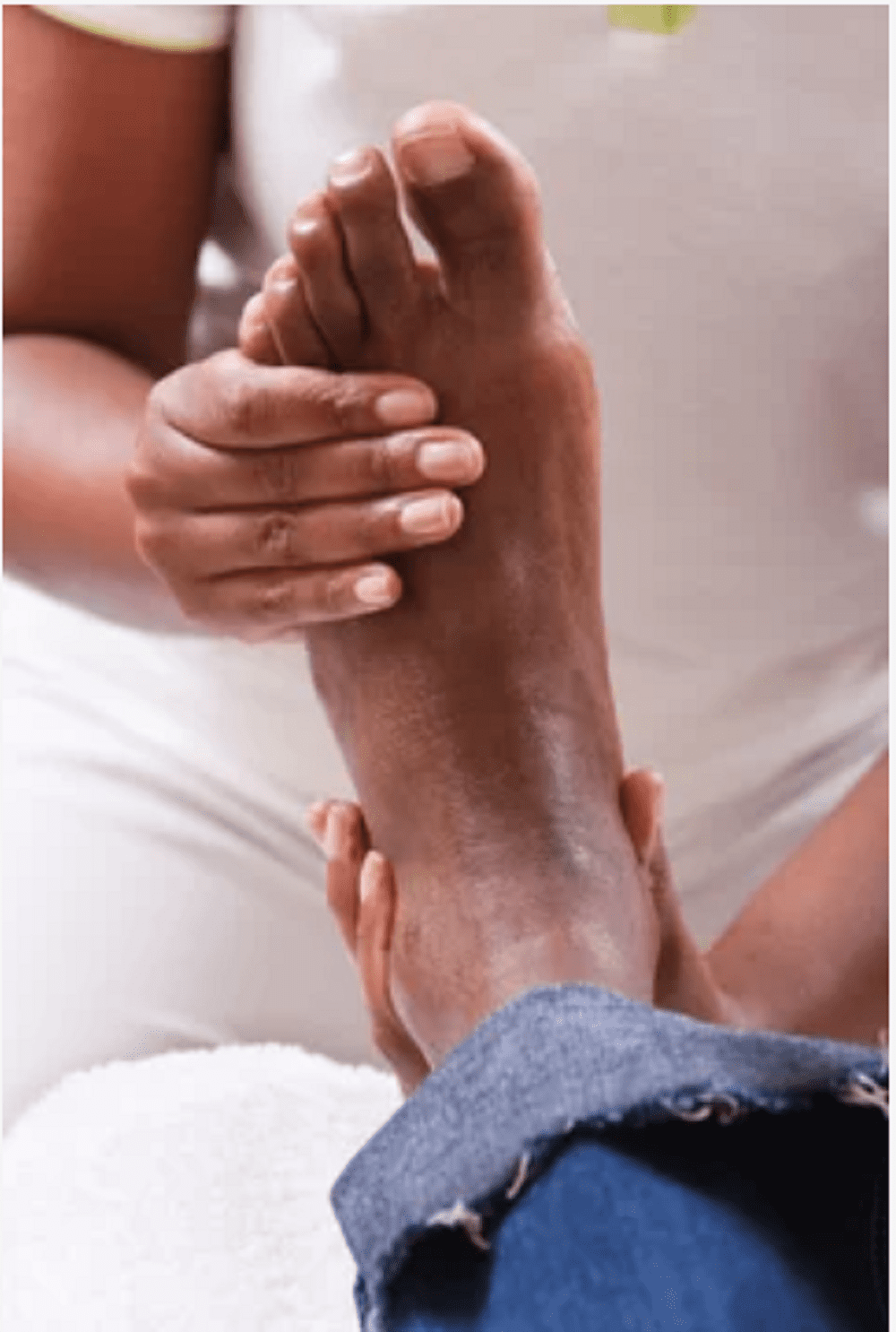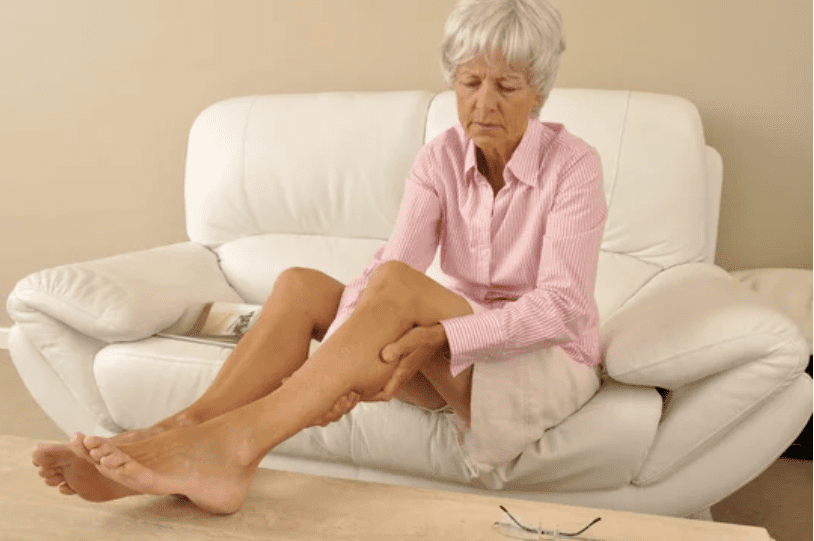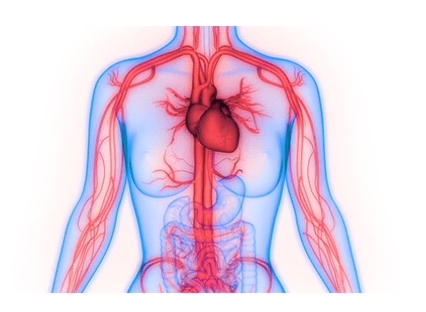
Women and CardioVascular Health

What are the differences in cardiovascular health between men and women?
Certain cardiac medicines are less likely to be recommended to women.
In the United States, cardiovascular disease (CVD) is the leading cause of death for both men and women. Despite the fact that CVD has a substantial impact on women, there has historically been a lack of awareness and education about women's heart disease. According to a new study based on data from over two million patients, women were less likely than males to be prescribed aspirin, statins, and blood pressure medicines.
CVD is a term that refers to a collection of illnesses that affect the heart and blood vessels. Hypertension (high blood pressure), coronary artery disease (CAD), heart attacks, heart failure, heart valve issues, and irregular heart rhythms are all examples. CVD may manifest differently in men and women, necessitating distinct diagnostic and therapeutic techniques and potentially resulting in differing results.
Due to a widespread lack of knowledge of women's heart disease, physicians and patients may overlook or delay diagnosing heart attacks in women. CVD, for example, occurs less frequently in women before menopause than in males, but it becomes much more common after menopause, when it accounts for around one out of every three fatalities in women.
Furthermore, many of the "classic" CVD signs and symptoms are based on medical studies mostly conducted in men. Many people believe that chest discomfort is a sign of a heart attack. Women are more prone than males to have unusual symptoms such nausea or vomiting, shortness of breath, dizziness, or no symptoms at all. Furthermore, 64% of women who die unexpectedly from coronary heart disease had no prior symptoms.
Women's less aggressive diagnosis and therapy may be due to underlying physiological variations in CVD in men and women. Blockages of the major heart arteries are more frequent in men, but illness of the tiny heart arteries (microvascular dysfunction) is more common in women, making treatment more difficult. Furthermore, research (such as this one and this one) show that women receive lifesaving treatments like cardiac catheterizations less frequently and later during a heart attack than males.
Many medicines are widely used to both prevent CVD from occurring in the first place and to keep the illness from worsening after it has already occurred.
Statins are a class of cholesterol-lowering drugs.
For patients with existing coronary artery disease or who have had a heart attack, one baby aspirin (81 mg) per day is commonly advised.
ACE inhibitors, diuretics, beta blockers, and calcium-channel blockers are among the several types of blood pressure medicines available.
Specific forms of CVD, such as atrial fibrillation and heart failure, are treated with other medicines. A new research published in the Journal of the American Heart Association looked at whether common cardiovascular disease medicines were administered differently in men and women. The study, which was a meta-analysis, or an assessment of data from previously published studies, focused on aspirin, statins, and blood pressure medicines prescribed by primary care doctors. The researchers looked at 43 trials with a total of over two million patients. When comparing men and women, they discovered that women were much less likely to be administered aspirin, statins, and ACE inhibitors (a kind of blood pressure drug).
Overall, this research adds to a growing body of evidence showing women are less likely to be administered cardiac medicines that are indicated by guidelines. More study is needed to determine why these disparities exist, although they are most likely connected, at least in part, to the underlying gender differences in CVD described earlier.
We are just a call or click away. To learn more, book an appointment online or over the phone with PeachState Advanced Cardiac & Endovascular. We have several locations in Georgia: Newnan, Atlanta, & Griffin.
You Might Also Enjoy...


Feeling Faint

Should I be worried about my numb feet?

Can leg cramps be a sign of something serious?

Meet Dr. Odiete - PACE Cardiovascular Specilaist


